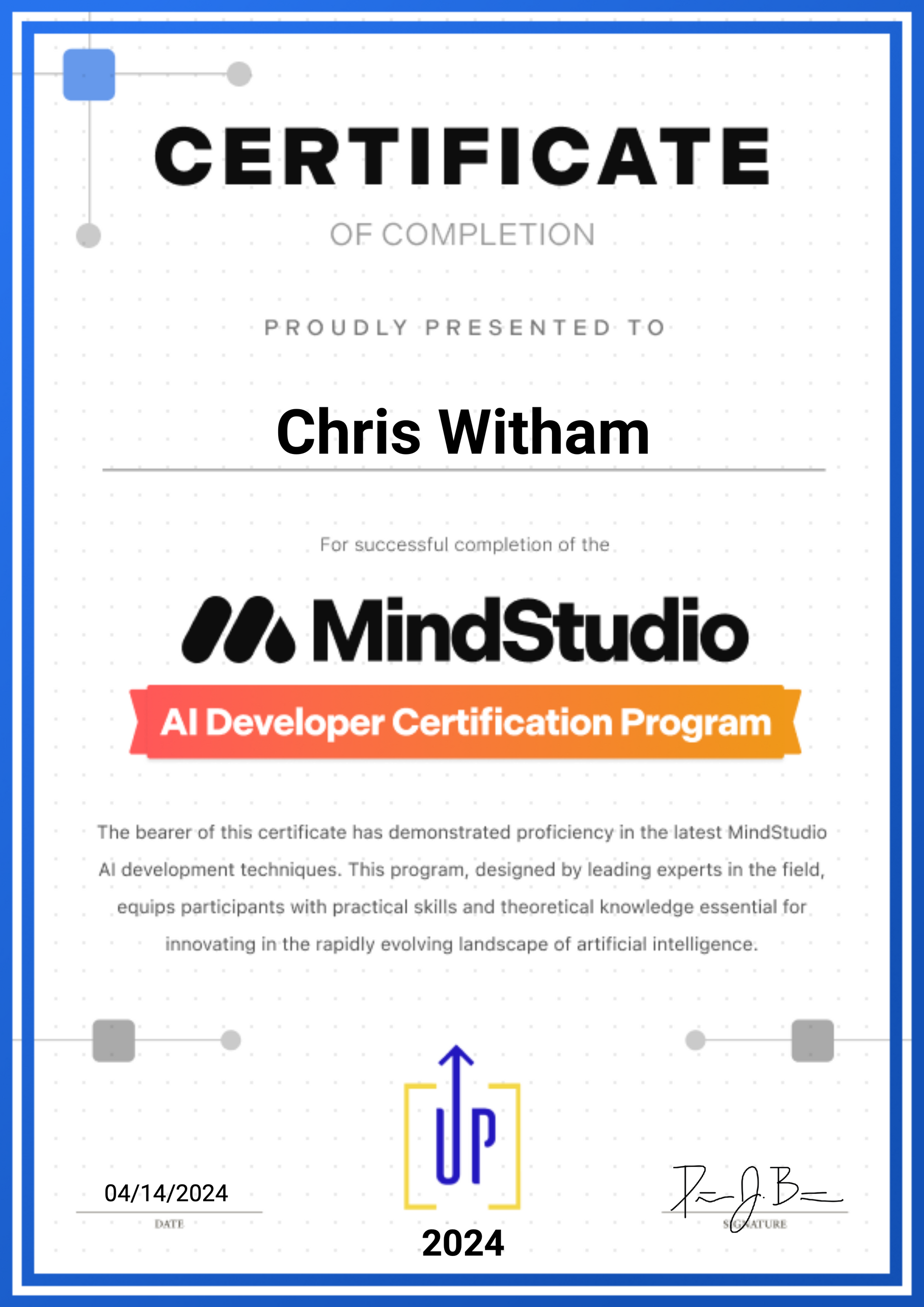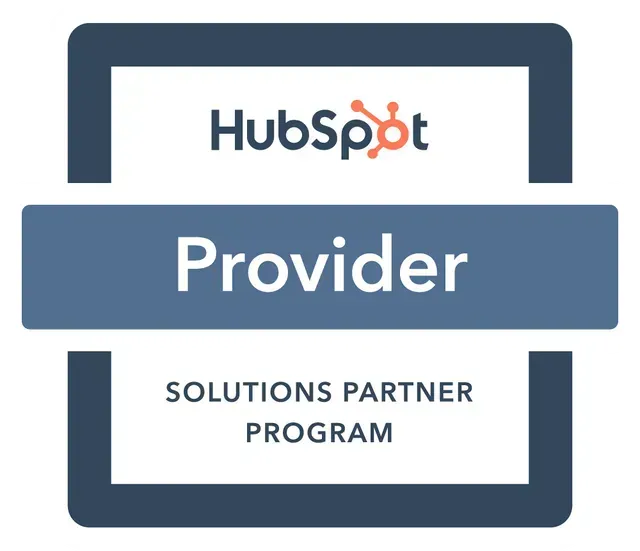Have questions? Contact Chris today for a chat about how we can help you
AI for Breakfast
Post 27 - Unlocking the potential of AI for small farms and agricultural businesses
As we sit down with our morning cuppa, it's hard not to marvel at how far technology has come, especially in sectors you wouldn’t traditionally associate with high-tech innovations. One such sector is agriculture, a field as old as civilisation itself, now on the cusp of a major transformation thanks to artificial intelligence (AI).
For small farms and agricultural businesses, AI isn’t just a fancy buzzword; it’s a tool that can significantly enhance operational efficiency, crop yield, and sustainability. Let’s explore how small business owners in the agricultural industry can harness the power of AI.
- Precision farming: AI-driven technologies enable precision farming, where every aspect of farming, from planting to watering, is optimised for maximum efficiency. Drones and sensors collect data on soil health, crop health, and environmental factors, allowing for precise, data-driven decisions.
- Predictive analytics: By analysing data from various sources, AI can predict weather patterns, pest invasions, and crop diseases before they happen, giving farmers the upper hand in protecting their yield.
- Automated machinery: From autonomous tractors to robotic harvesters, AI-powered machinery can take over repetitive tasks, freeing up time for farmers to focus on strategic decisions and reducing the need for manual labour.
- Supply chain optimisation: AI can streamline the agricultural supply chain, predicting demand, optimising pricing, and ensuring products reach the market at the right time, thus reducing waste and increasing profitability.
- Enhanced sustainability: By making operations more efficient and reducing waste, AI contributes to more sustainable farming practices, a crucial factor as the industry faces increasing pressure to reduce its environmental footprint.
The integration of AI into agriculture presents a significant opportunity for small business owners to not only stay competitive but also to lead in the adoption of sustainable and efficient farming practices. However, the path to fully integrating AI into agriculture comes with its set of challenges, including the initial investment in technology, the need for digital literacy, and concerns about data privacy and security.
Despite these challenges, the potential benefits of AI in agriculture are too significant to ignore. By embracing AI, small farms and agricultural businesses can look forward to increased productivity, reduced environmental impact, and a stronger position in the global market.
In conclusion
- Precision farming and predictive analytics leverage AI to optimise farming operations and predict environmental threats.
- Automated machinery and supply chain optimisation improve efficiency and profitability.
- Enhanced sustainability through AI leads to more eco-friendly farming practices
- The challenges include the cost of technology, the need for digital skills, and data security concerns, but the benefits far outweigh these hurdles.
LucidSynergy Ltd.,
7 Forbes Business Centre
Kempson Way
Bury St Edmunds
Suffolk
IP32 7AR
Occasional Newsletters
We will get back to you as soon as possible
Please try again later
© 2025 LucidSynergy Ltd. Registered in England and Wales No.7080913.








